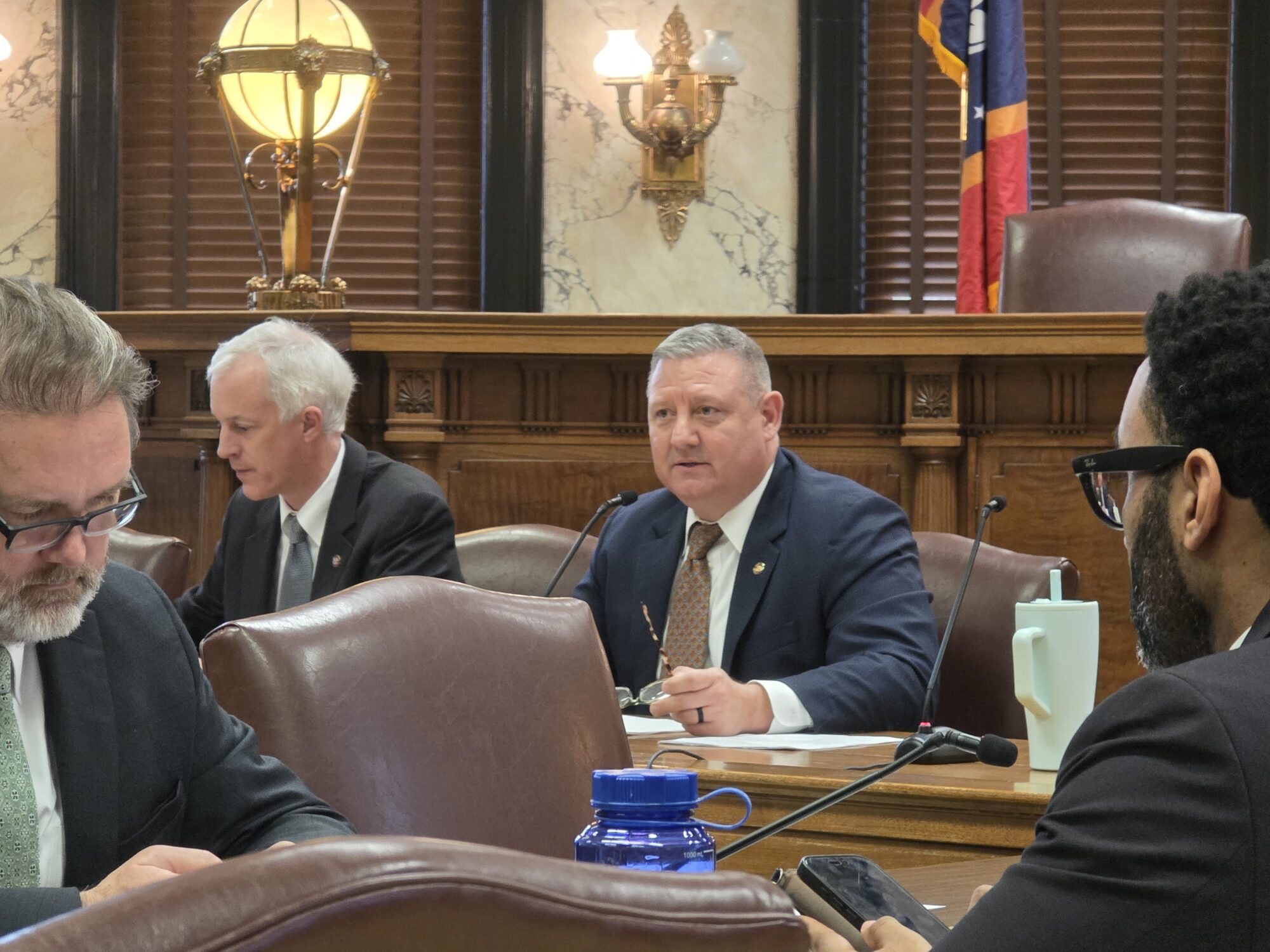
During election season, city rules on “political signs” run afoul of the constitution
This week the Mississippi Municipal League (MML) and the Mississippi Justice Institute (MJI) will send “technical guidance” to every Mississippi municipality asking cities to review their sign rules. Many municipal codes around the state are likely in violation of the First Amendment and vulnerable to litigation.
“The U.S. Supreme Court said in a recent case, Reed v. Town of Gilbert, that city sign rules cannot treat signs differently based on what the signs say,” said Shadrack White, Director of the Mississippi Justice Institute. “That means, if you have to read the words on a sign to know if a rule applies to it, the rule is probably unconstitutional.”
Any rule that treats “political signs” differently from other signs, for example, is likely unconstitutional.
Sign Regulations Tech Brief by yallpolitics on Scribd
“It’s election season in Mississippi, so a lot of folks are wondering about when and where they can place their campaign signs,” said White. “The truth is, if your town has a rule about ‘political signs,’ those rules are unconstitutional and should be changed. You have to read the words on the sign to know it’s subject to the rule, so the rule is suspect.”
White said the Supreme Court issued the Reed ruling to stop the government from favoring some opinions over others. “Fixing these municipal sign rules is important,” said White. “Government regulations that privilege one kind of speech over another are dangerous. If the wrong person obtains power, regulations like that can be used to silence critics and advance the agenda of the powerful. This has happened in other cities, like Norfolk, Virginia, where a mayor used a sign code to quiet a citizen who opposed him. To prevent against that, sign codes should treat all kinds of speech equally.”
“MJI was excited to collaborate with the Mississippi Municipal League on this issue. The goal was to inform municipalities about this potential problem and to help them avoid lawsuits,” added White. “My father is a small-town Mississippi mayor. I know most municipal leaders want the best for their towns and are too busy responding to the everyday needs of their citizens to read every Supreme Court opinion that comes down the pike. That’s why the technical guidance from the MML is so valuable.”
If municipalities choose to follow the law and revise their codes, they are still left with options for regulating signs based on their size, building materials, portability, etc. “The important thing is to avoid regulations that reference the words on the sign. A yard sign for Joe’s Local Butcher Shop would be just as much of an eyesore as a yard sign saying ‘Joe for Mayor,’ so you cannot treat these signs differently.”
For additional guidance, municipalities should contact their city attorney and consult the technical guidance provided by the MML.











